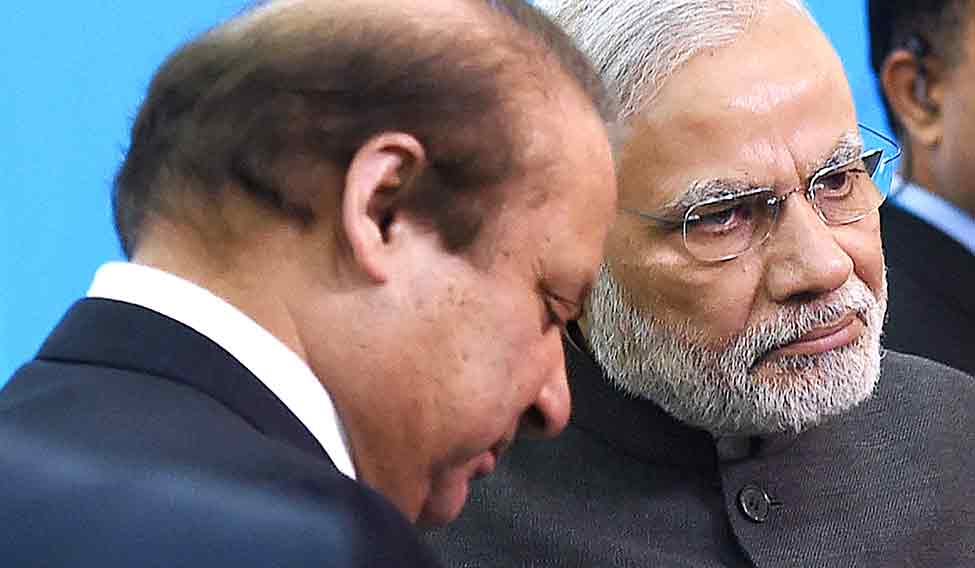Islamabad's tradition of meddling in Kashmir has remained a sore point in the India-Pakistan relations since partition. But on August 15, Prime Minister Narendra Modi, speaking from the ramparts of Red Fort, changed this discourse. He touched the Achilles' heel of Pakistan—Baluchistan.
Modi said the people of Baluchistan, Gilgit and Pakistan-occupied Kashmir sent wishes to the people of India and thanked them. This was the second time in a week that he brought up Baluchistan, which was forcibly annexed by Pakistan a day after partition. At an all-party meeting on Kashmir earlier, Modi had ducked the issue of unrest in Kashmir by raising Baluchistan. “Pakistan forgets that it bombs its own citizens using fighter planes,” he said.
Former foreign secretary Lalit Mansingh said it was a major policy shift in India's relationship with Pakistan. “So far we have been correct in not commenting on the internal affairs of Pakistan and accepting that Pakistan has a role in Kashmir, recognised in the Shimla agreement, and that is why we could talk Kashmir in our dialogue with Islamabad. But diplomatically, it is a bold move where we have given a message to Pakistan that it can be a game of ''reciprocity'' if you try to destabilise India. But it is my uneasy feeling that it is just a tactical move and not a strategic shift.”
A day later, New Delhi conveyed its willingness to engage Pakistan, with foreign secretary S. Jaishankar accepting an invitation for talks in Islamabad. The message was clear, India has put the ball in Pakistan's court.
Insiders say India's 'offensive strategy' is a two-pronged one to extend support to a weakened Pakistan Prime Minister Nawaz Sharif, who is looking to appoint a new army chief. “Sharif's weakened position is frustrating Modi. Sharif is talking of Kashmir because of his weak position. At this juncture he needs New Delhi's support and by accepting the offer for talks, we have taken a step in the right direction,” said A.S. Dulat, former chief of Research and Analysis Wing.
That New Delhi is walking a tightrope is clear, but the diplomatic card played by India could keep Pakistan off balance for a while. It is unlikely that Pakistan would agree to restrict the dialogue to cross-border terror in the foreign secretary-level talks, said Mansingh.
New Delhi has the opportunity to ratchet up its offensive by taking up Baluchistan at the United Nations General Assembly next month, highlighting the human rights violations there. “If Islamabad makes a vicious speech at the UNGA mentioning Kashmir, then yes, India has the option of raising the atrocities in Baluchistan,” said former foreign secretary Kanwal Sibal.
But playing up Baluchistan internationally will not be easy. It will bring India in confrontation with Iran, which shares a border with Baluchistan. “The Iranians are allergic to the idea,” said Sushant Sareen, a strategic affairs analyst. “It remains to be seen whether there has been a policy shift. It will unfold in the next week or days.”






